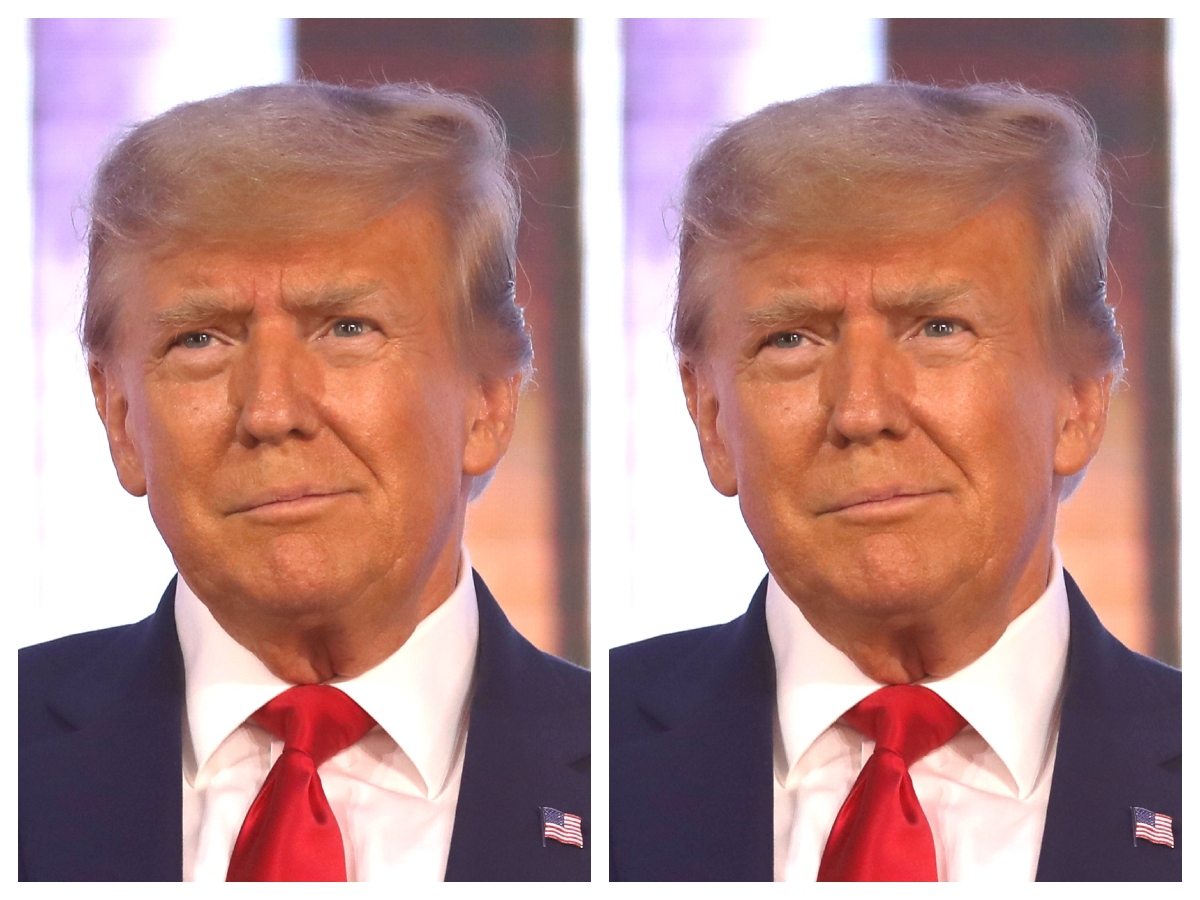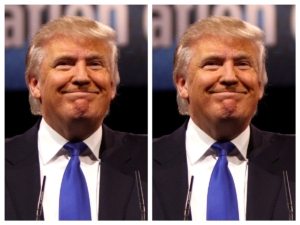A federal appeals court has ruled that President Donald Trump exceeded his authority by imposing sweeping tariffs under the authority of emergency powers.
In a 7-4 ruling issued Friday, the U.S. Court of Appeals for the Federal Circuit concluded that Trump’s reliance on the 1977 International Emergency Economic Powers Act (IEEPA) to justify across-the-board tariffs was unlawful. “It seems unlikely that Congress intended to … grant the President unlimited authority to impose tariffs,” the judges wrote, echoing concerns first raised by a New York trade court that had invalidated the tariffs in May.
Despite the ruling, the court allowed Trump’s levies to remain in effect until mid-October, giving his legal team time to petition the Supreme Court. Trump quickly promised to do so, declaring on his social media platform: “If allowed to stand, this Decision would literally destroy the United States of America.”
READ ALSO: Trump revokes Kamala Harris’ Secret Service protection ahead of book tour
Actions of the White House have been defended. Spokesman Kush Desai insisted Trump had acted lawfully, adding, “we look forward to ultimate victory on this matter.” Attorney General Pam Bondi also criticized the judges for interfering in foreign policy and pledged to appeal.
Watch a recent episode of The BreakDown podcast below and subscribe to our channel PanaGenius TV for latest episodes.
The tariffs in question include Trump’s April 2 “Liberation Day” package, which slapped duties of up to 50% on countries running trade surpluses with the U.S., and a “baseline” 10% on nearly all other nations. They also cover his so-called “trafficking tariffs” targeting imports from Canada, Mexico, and China, justified on grounds of drug and immigration enforcement.
Critics argued that the trade deficit hardly qualifies as an “unusual and extraordinary” emergency under IEEPA, pointing out that the U.S. has run deficits for nearly half a century. Business groups welcomed the ruling. Jeffrey Schwab of the Liberty Justice Center said, “This decision protects American businesses and consumers from the uncertainty and harm caused by these unlawful tariffs.”
However, uncertainty lingers. “If these tariffs are ultimately struck down, it ought to serve as a wake up call for Congress to reclaim its constitutional mandate to regulate duties,” said Jake Colvin, president of the National Foreign Trade Council, in an AP report.
Democratic Sen. Ron Wyden of Oregon pledged to push for votes “repealing these harmful, regressive taxes at every opportunity.”
Trump’s tariffs have poured $159 billion into federal coffers, more than double the previous year’s take. The Justice Department has warned that striking them down could force massive refunds, with trade attorney Ryan Majerus predicting “you’re going to see folks request refunds and more refunds.”
Supporters of the tariffs argue they gave the U.S. leverage in trade negotiations with the EU, Japan, and others. “The administration could lose a pillar of its negotiating strategy,” said Ashley Akers, a former Justice Department lawyer now with Holland & Knight.
The court’s dissenting judges left open a possible legal path for Trump, siding with the view that IEEPA is not an unconstitutional delegation of power. Meanwhile, legal experts note Trump still has other, narrower authorities, including provisions in the 1974 Trade Act, to impose limited tariffs.










